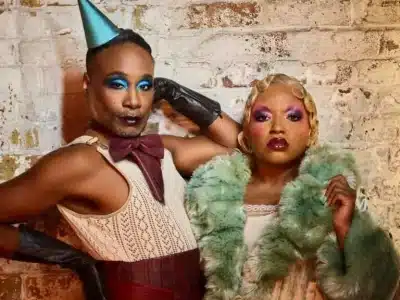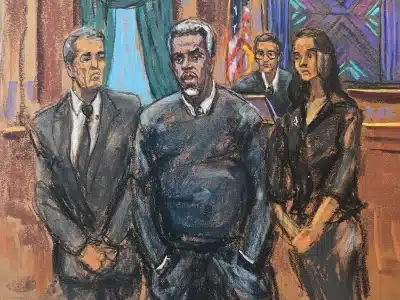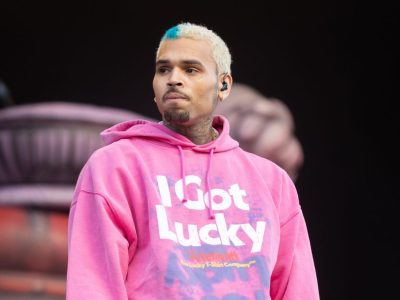2024: The Year of the Diss Track in Hip-Hop. 2024 has been pivotal for the evolution of hip-hop, notably marked by the resurgence of the diss track. This form of musical expression, a storied tradition within the genre, has seen a significant revival. Big names like Kendrick Lamar, Drake, and Megan Thee Stallion have been at the forefront, engaging in lyrical warfare that has captivated the online world. The intrigue and analysis following each release are as intense as the tracks themselves.
On a notable Friday night, the hip-hop community was treated to new entries in the ongoing feud between Drake and Lamar. Drake released “Family Matters,” and Lamar countered with “meet the grahams” among others. This exchange is part of a broader trend that has seen at least 19 diss tracks dropped this year alone, per an NBC News count.
Experts like Tia Tyree, a professor at Howard University, argue that diss tracks are crucial for artists looking to assert their dominance within the hip-hop hierarchy. The unrestricted nature of these lyrical contests allows for a no-holds-barred approach, where each artist strives for lyrical superiority and, ultimately, the genre’s crown.
The role of social media has transformed how these battles are waged and witnessed. Previously constrained by the logistics of radio play and physical distribution, the immediacy of social media today enables artists to release tracks instantaneously, engaging fans directly and dynamically. This shift has not only accelerated the pace of rap feuds but has also altered how audiences consume and participate in these musical skirmishes.
Fan engagement has reached unprecedented levels, with followers quickly taking sides and passionately debating the merits of each diss. The rise of “stan” culture—zealous fandom often blind to objective critique—has further complicated the dynamics of these battles, making it challenging to declare a clear winner.
The feud between Lamar and Drake, for instance, has not just been a showcase of musical talent but a reflection of broader societal shifts. Each track not only aims at personal victory but also at stirring significant conversation among listeners and critics alike.
As the year progresses, the impact of these diss tracks on the hip-hop landscape is undeniable. They are not just songs but cultural moments, shaping the discourse and direction of contemporary music. Despite the controversies and complexities, one thing remains clear: in hip-hop, diss tracks are more than just music; they are a business strategy that translates into streaming revenue and sustained relevance.

















